© ROOT-NATION.com - Use of content is permitted with a backlink.
The be quiet! Shadow Base 800 DX mid-tower computer case holds significance for the manufacturing company, as it represents not the first and certainly not the last step for the Germans in developing RGB components. However, it has allowed them to strike a balance between aesthetics, excellent internal compatibility, and a relatively affordable price.
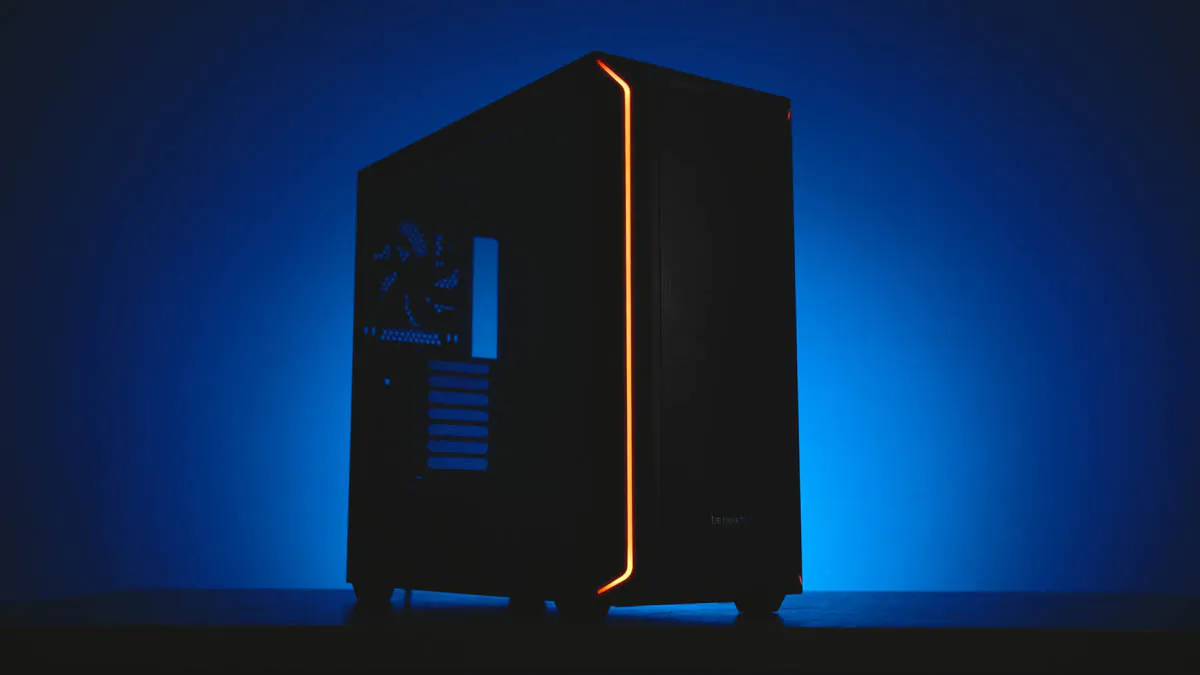 Be quiet! Shadow Base 800 DX video review
Be quiet! Shadow Base 800 DX video review

Market positioning
Its cost is around $190, with the non-DX version being $30 cheaper. Yes, this case surpasses the psychological $100 mark, but it’s justifiable because it surpasses another psychological mark – supporting 420mm radiators, both at the front and the top.
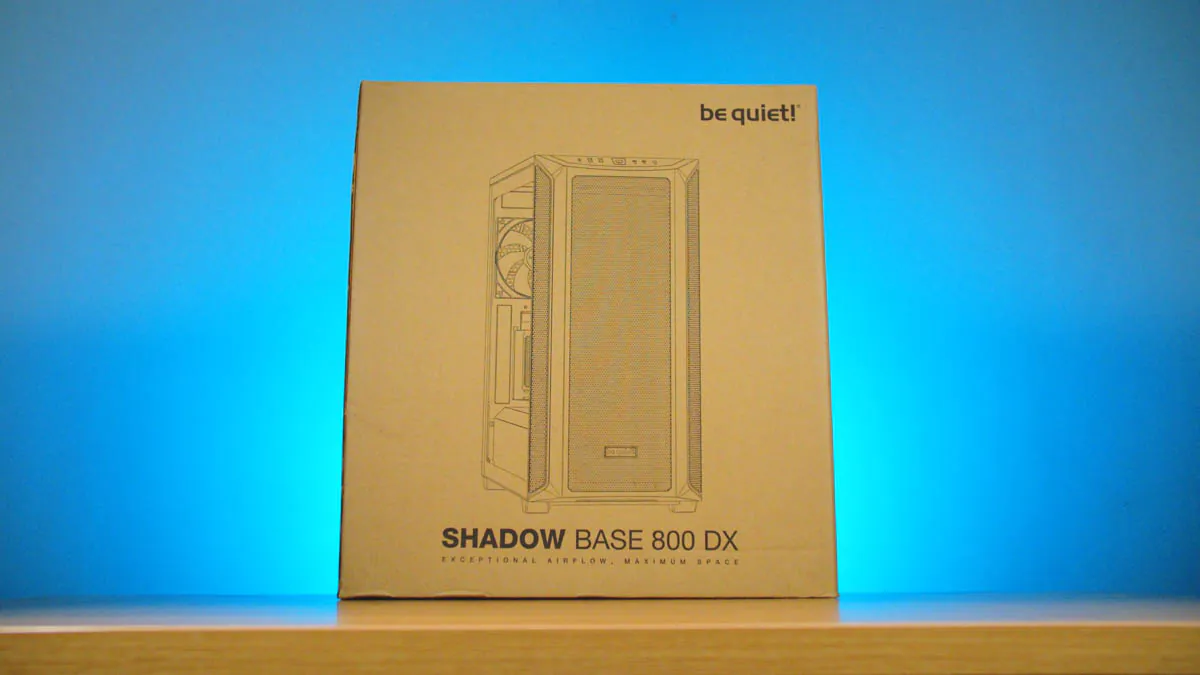
I’ve been harping on this since my first Fractal Design reviews because, at that time, the most affordable cases supporting 420mm liquid cooling were priced around $190. Now, they have significantly dropped in price. By the way, the Shadow Base 800 without DX also supports 420mm liquid cooling.
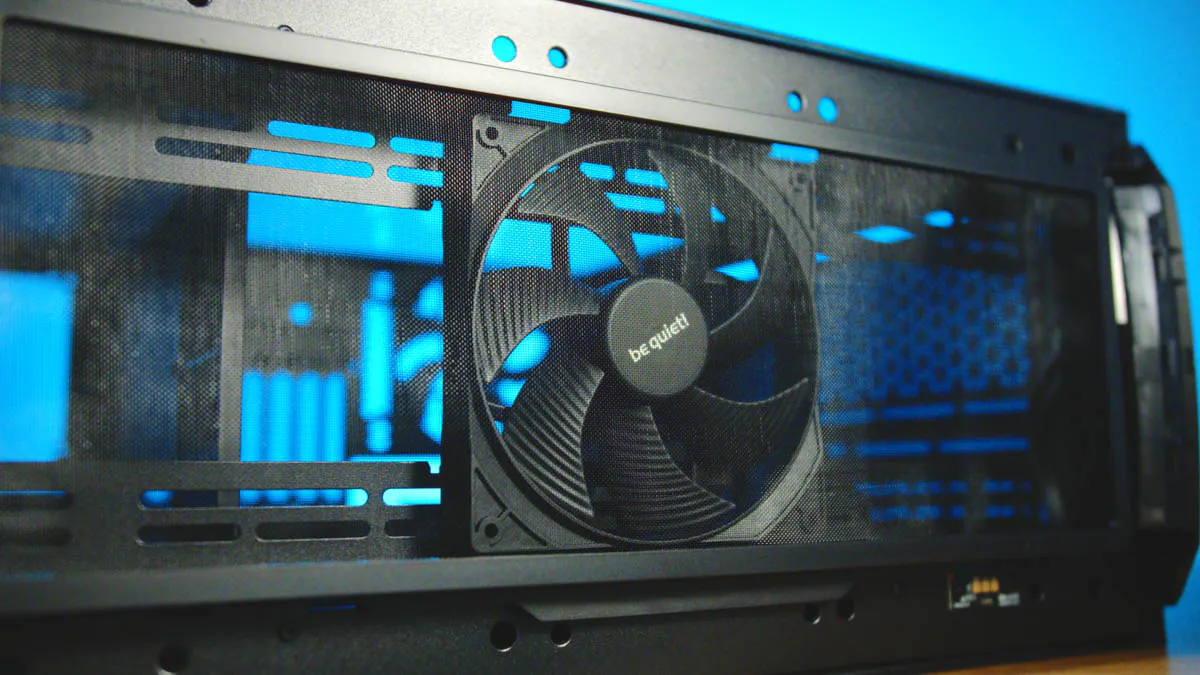
So essentially, the question boils down to whether the DX version justifies the $30 premium and what sets the be quiet! Shadow Base 800 DX apart from the be quiet! Shadow Base 800 FX. This is the third version of the case, which costs MORE than the DX. But we’ll get back to the differences in a moment.
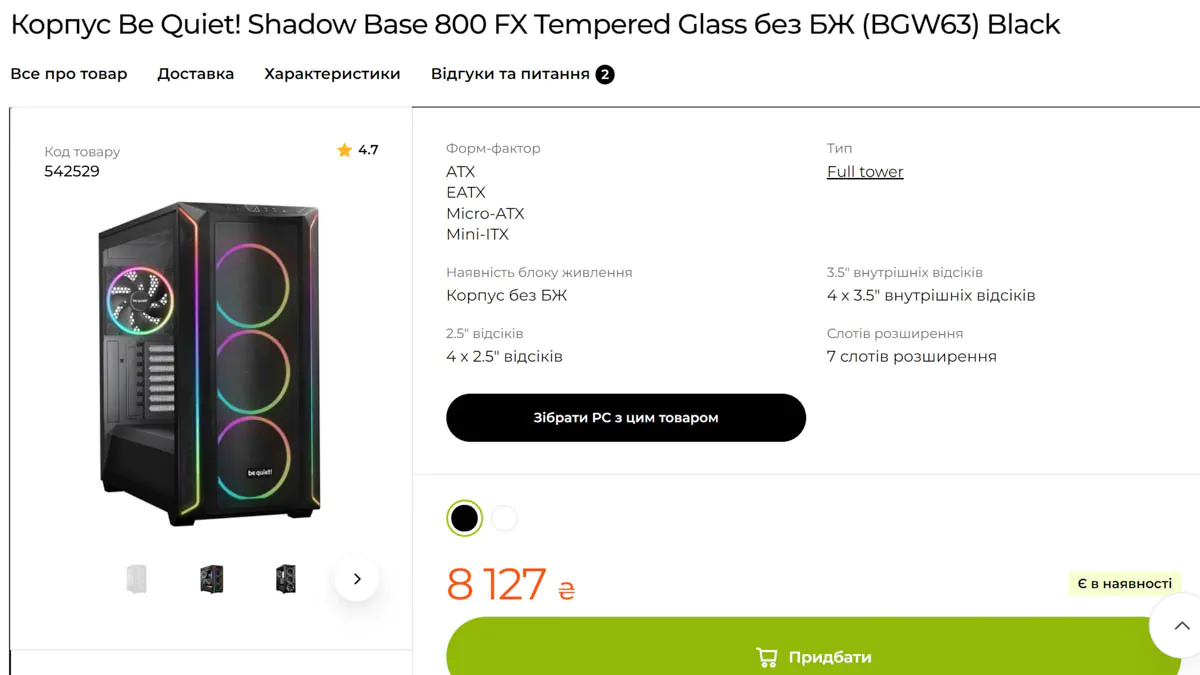
Package contents
The case comes with an operation manual providing detailed specifications, along with a set of screws and ties. Everything is as usual. There is also a high probability that all other versions of the case have a similar configuration.
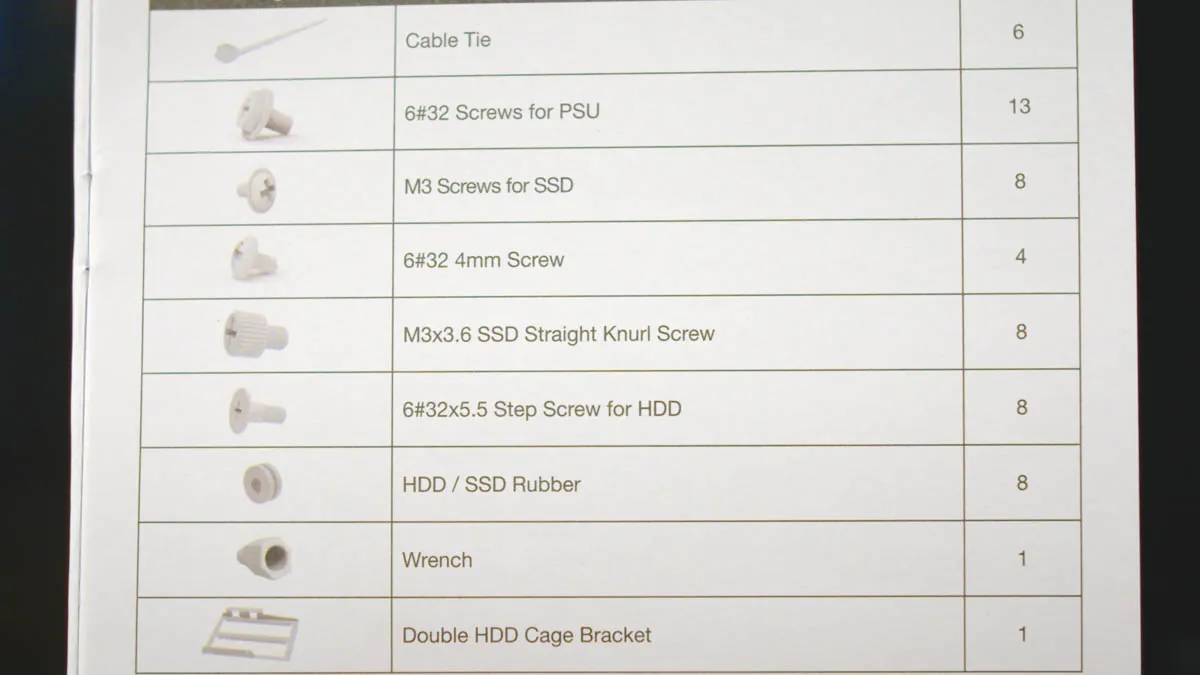
Appearance
Externally, the be quiet! Shadow Base 800 DX looks impressive, though not as striking as the FX version. The front panel, though, is not solid as it might seem from a distance but is covered with mesh. Overall, the case, even without the RGB lighting turned on, feels solid and substantial in black plastic and metal. There are also white models available if that’s more to your liking.
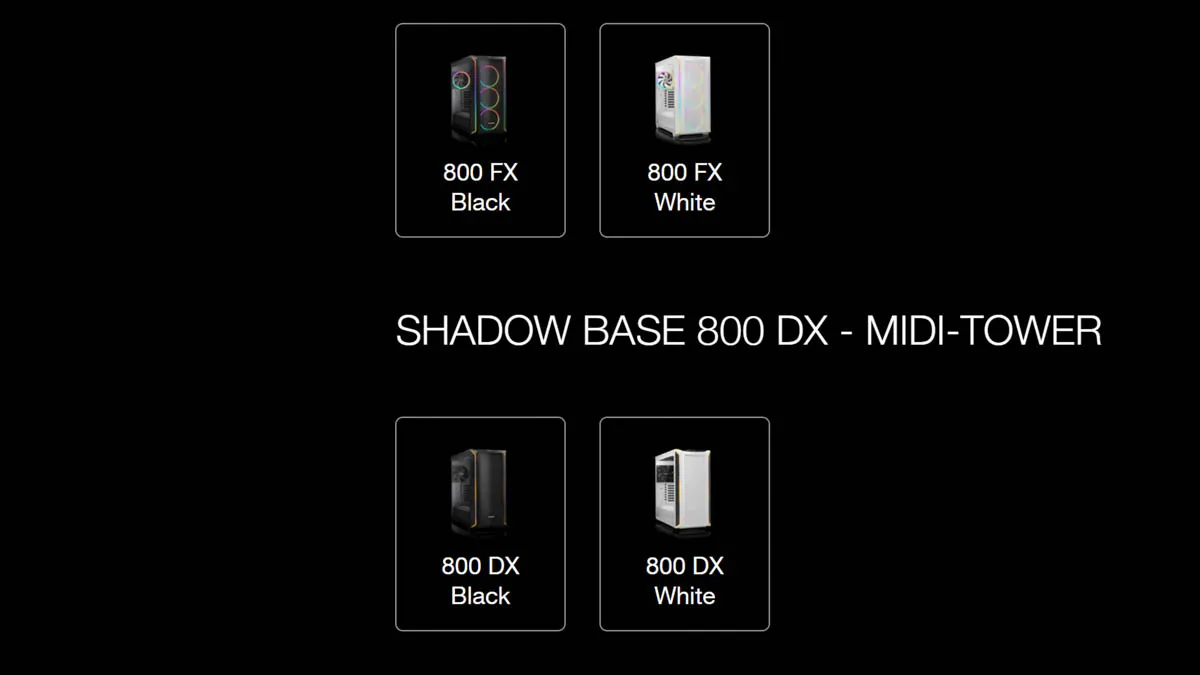
On the side, there’s a tempered glass panel. The feet are rubberized, lifting it by about a centimeter. The case’s weight is 11.8 kg, which is 100g more than the regular 800 but 500g less than the FX version.
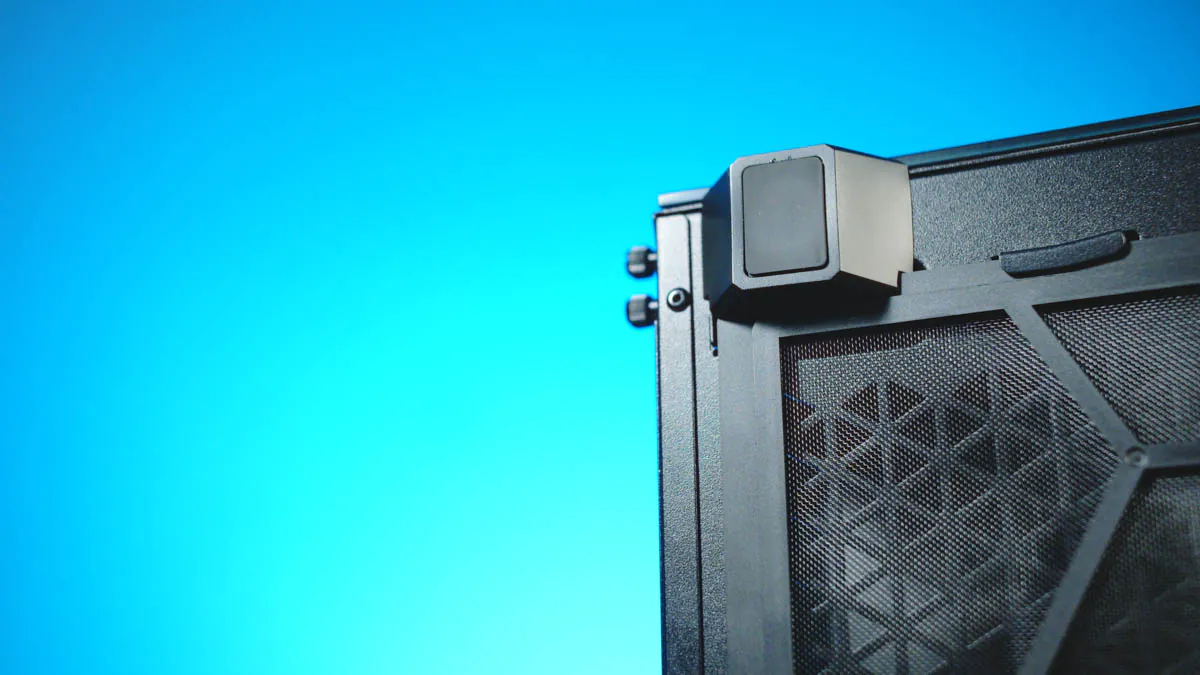
Difference between versions
Why is that? Because the FX version has three Light Wings 140mm PWM fans on the front panel and one at the back. These, for those unaware, are RGB models, and in the case of this specific chassis, they come with included anti-vibration mounts. In the DX version, there are only three fans, all Pure Wings 3 140mm without RGB, but they are positioned at the top, front, and rear. The situation is similar for the regular 800.
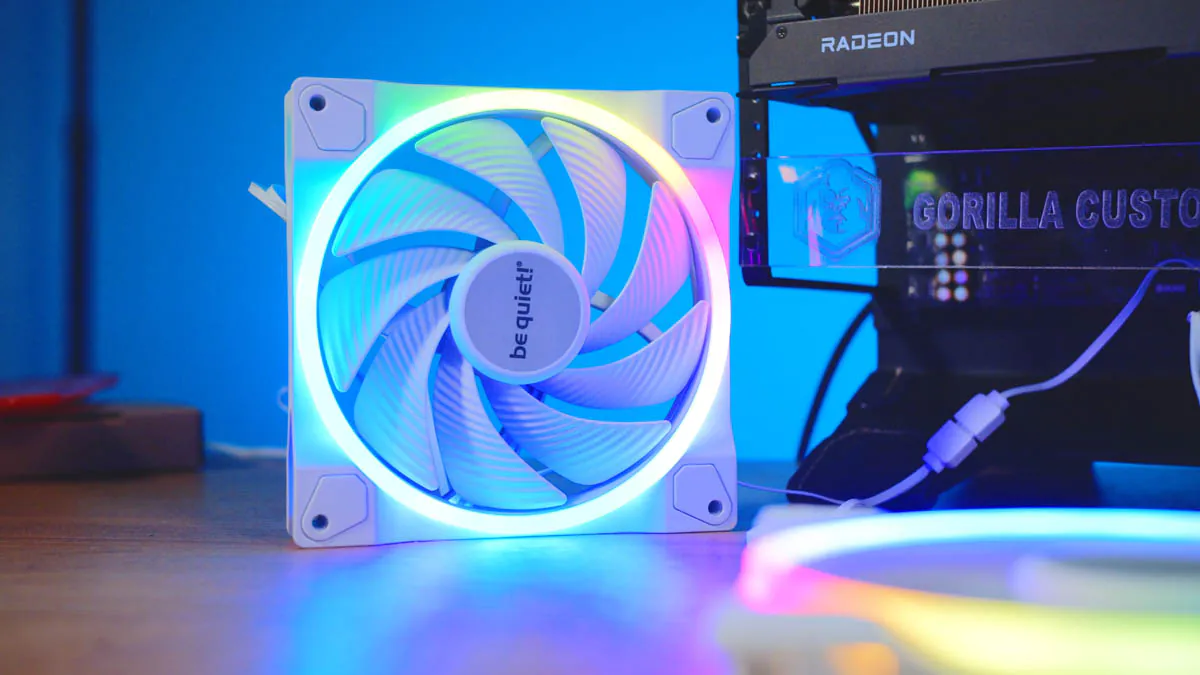
On the other hand, the FX version comes with fewer storage mounts, just one for 3.5 inches and three for 2.5 inches, with a maximum of 3 and 7, respectively. For the DX and the regular version, the included mounts are one more for both, and the maximum support is one unit more across the board.
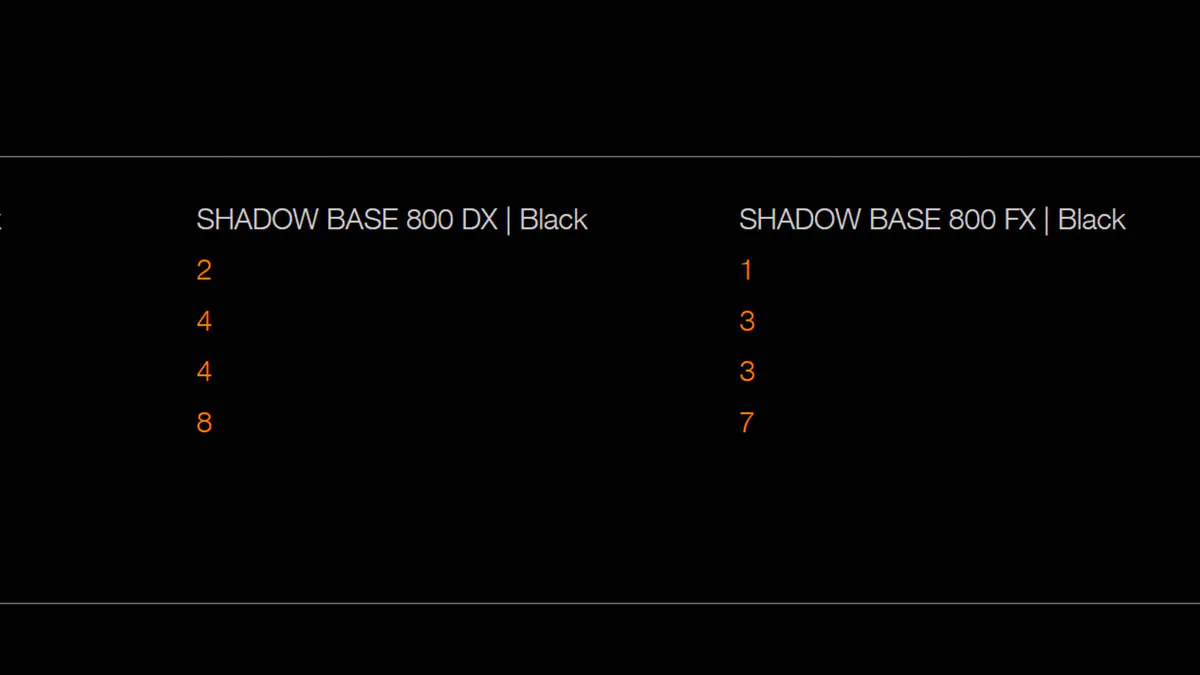
An RGB controller is also included with both the DX and FX versions, partially justifying their price. If you weren’t aware, a standalone RGB controller from be quiet! can cost around $25. While it is undoubtedly worth it, it’s still a consideration.
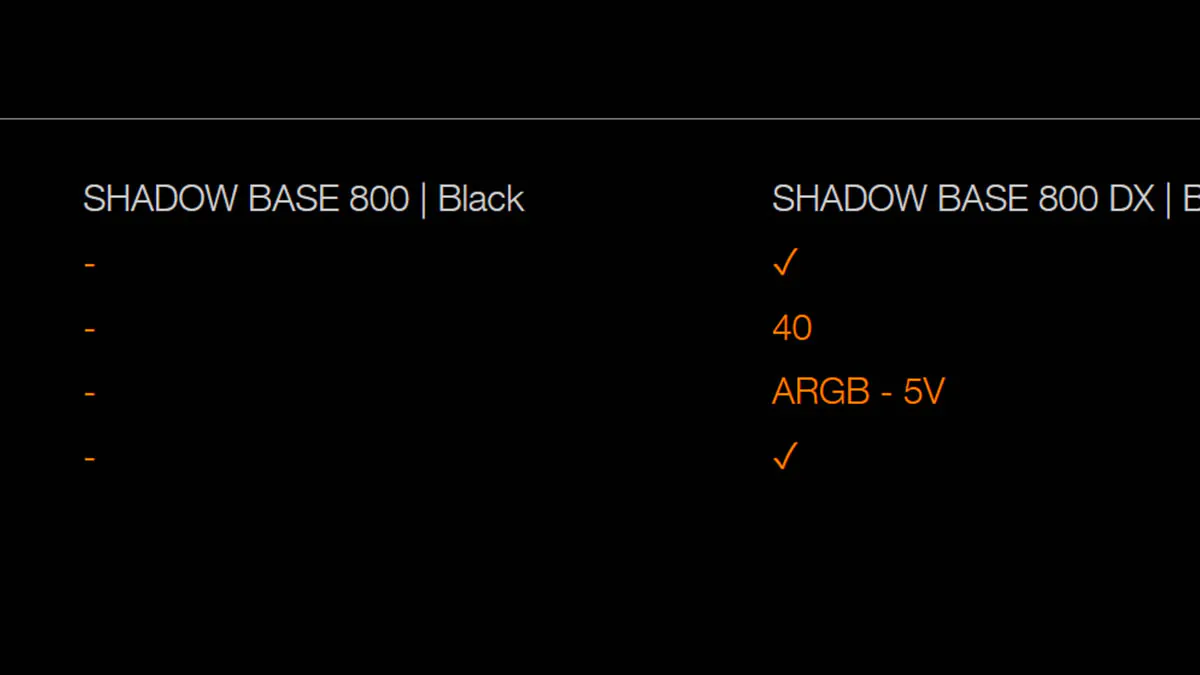
Backlight
Well, since we started talking about RGB, let’s conclude on that note. Both the DX and FX versions have separate vertical strips on the front panels made of white plastic that lights up and offers numerous lighting modes.
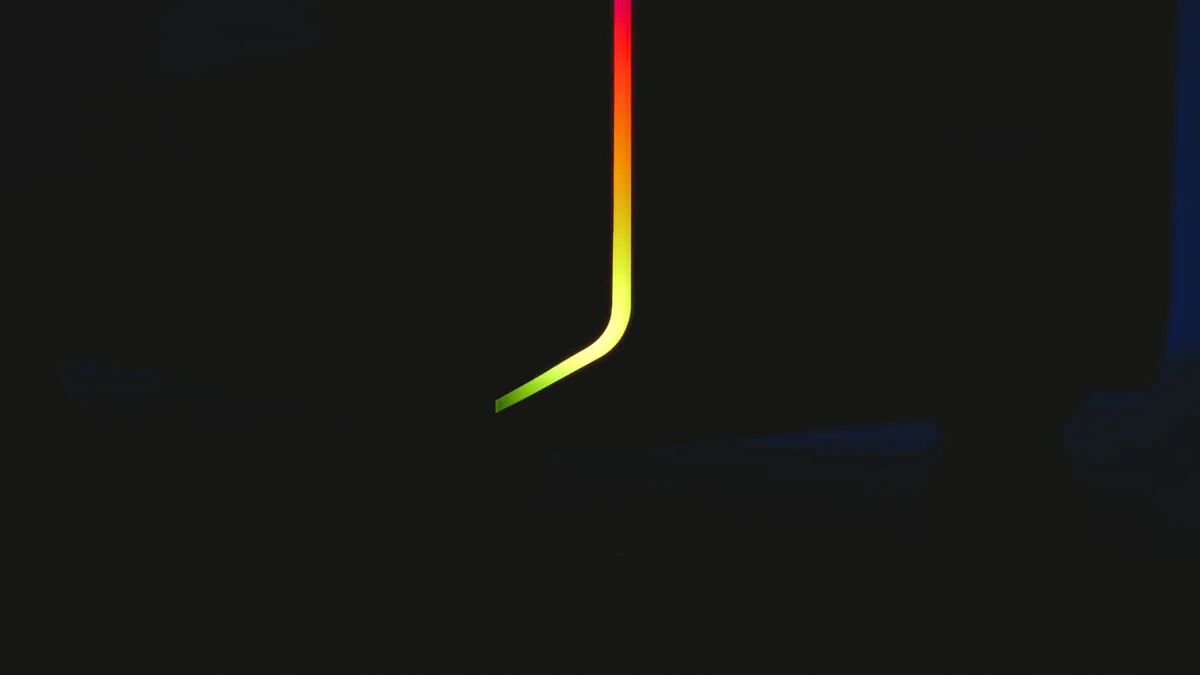
Taking off the panel, you can even see the control scheme via a special printed circuit board. The lighting is elegantly done, not overly bright, and supports synchronization with, as far as I know, all motherboard manufacturer standards.
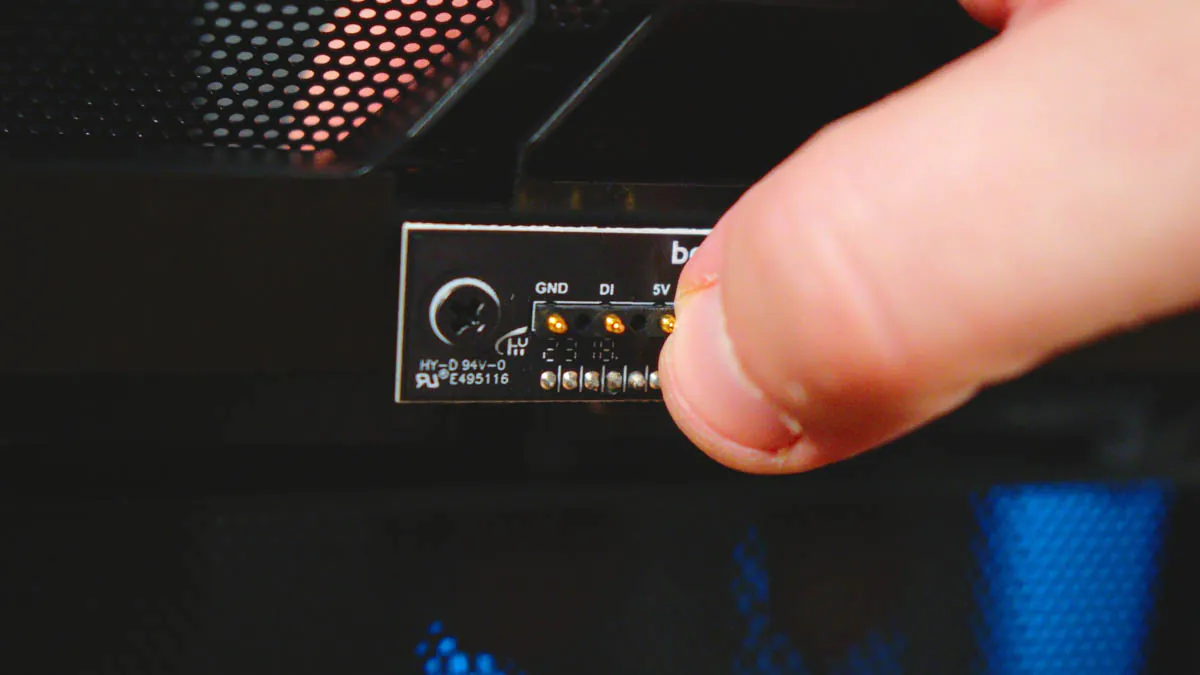
Front panel
The peripherals here are also excellent – two Type-A 5 Gbps, one Type-C 10 Gbps, two mini-jacks, and power and reset buttons.
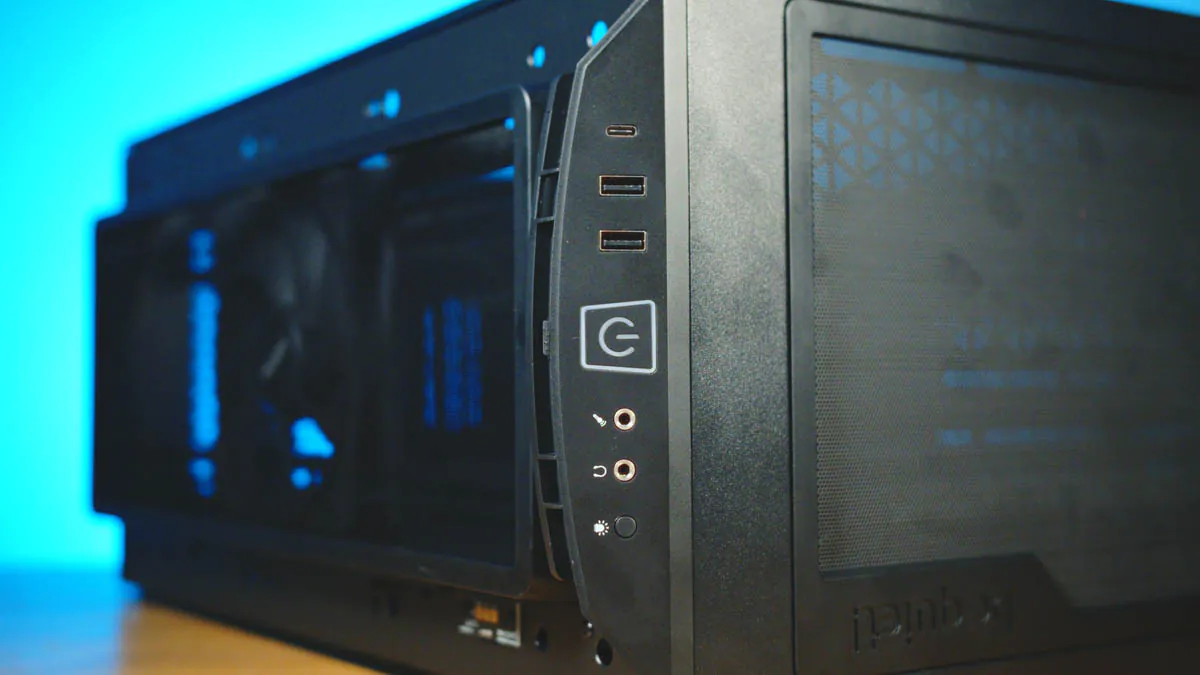
By the way, if you plan to use the front Type-C for a video capture card like AverMedia Live Gamer 2.1, don’t be surprised if you encounter issues. Not all motherboards provide enough power on the external USB, and the Live Gamer 2.1, being HDMI 2.1, requires a fair amount of power.
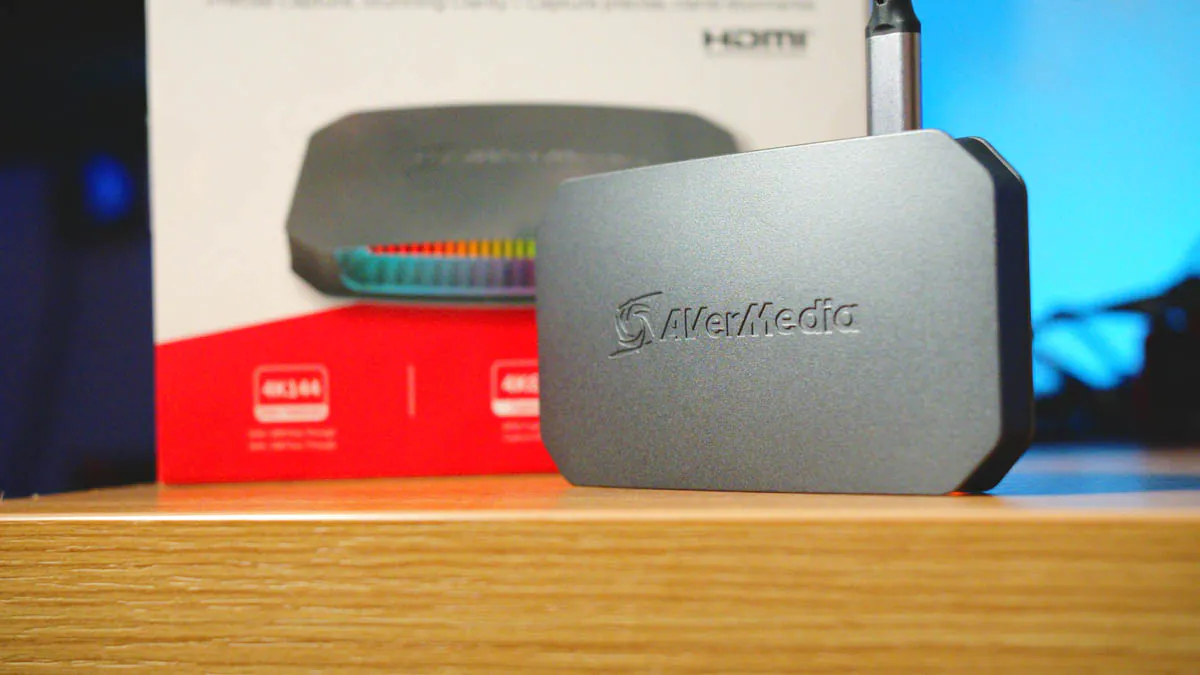
Compatibility
Since the be quiet! Shadow Base 800 DX has a Full-Tower format, compatibility here is either with everything or nearly everything that’s available. Radiators can be installed up to 420mm both at the top and front, and I haven’t heard of one interfering with the installation of the other.
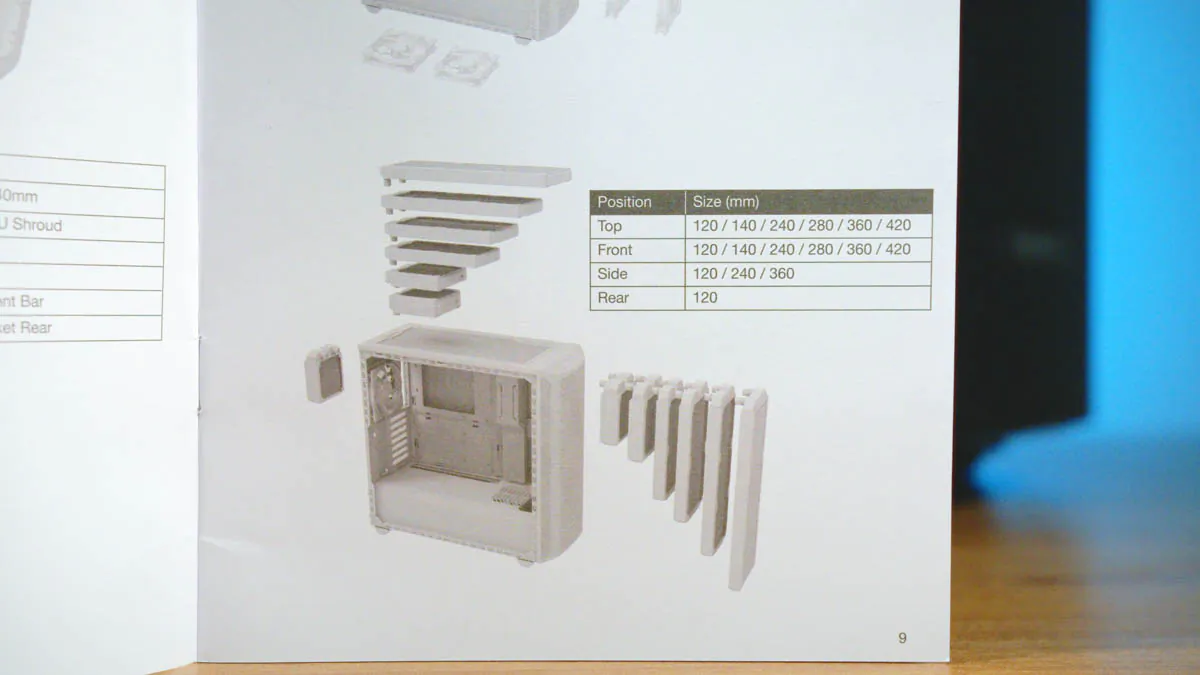
Power supplies up to 260, or even 305 mm in length, are supported. Graphics cards can be up to 430 mm, and coolers up to 180 mm. So, as of now, there are practically no limitations to speak of.
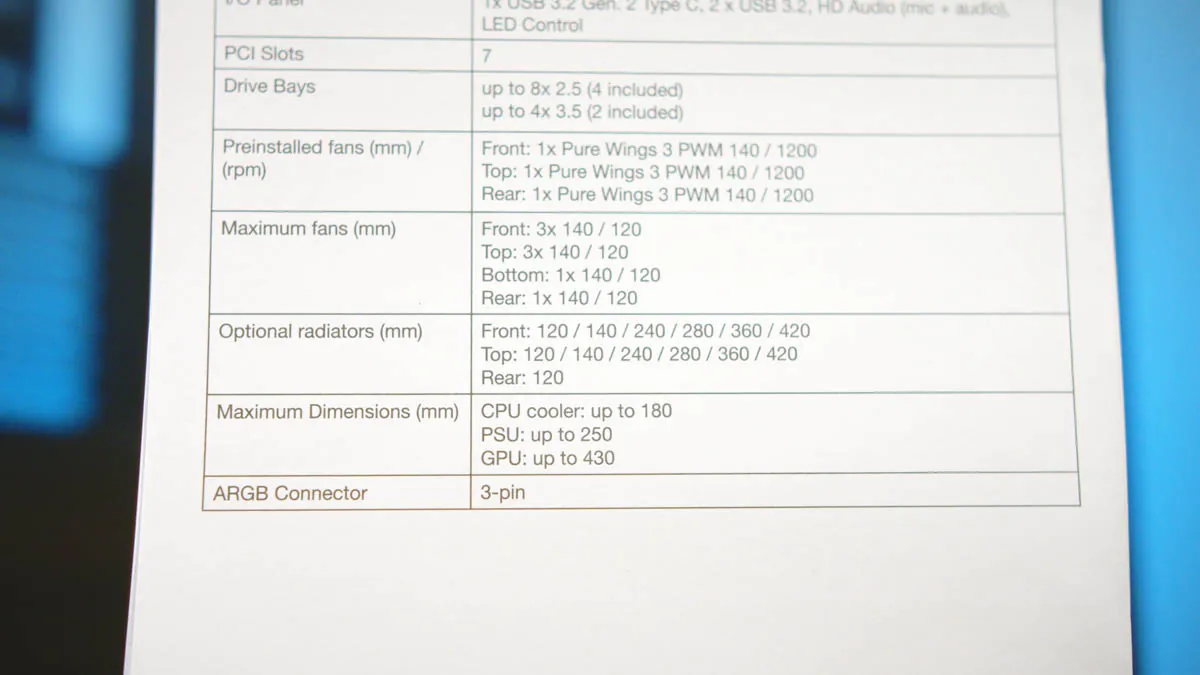
Dust filters are in place on all sides except the back, and practically two in the front if you consider the metal mesh. Cable management gaps are present, there are 7 expansion slots, vertical GPU installation is supported, and the screws are captive. It supports E-ATX, ATX, micro ATX, and mini ITX motherboards.
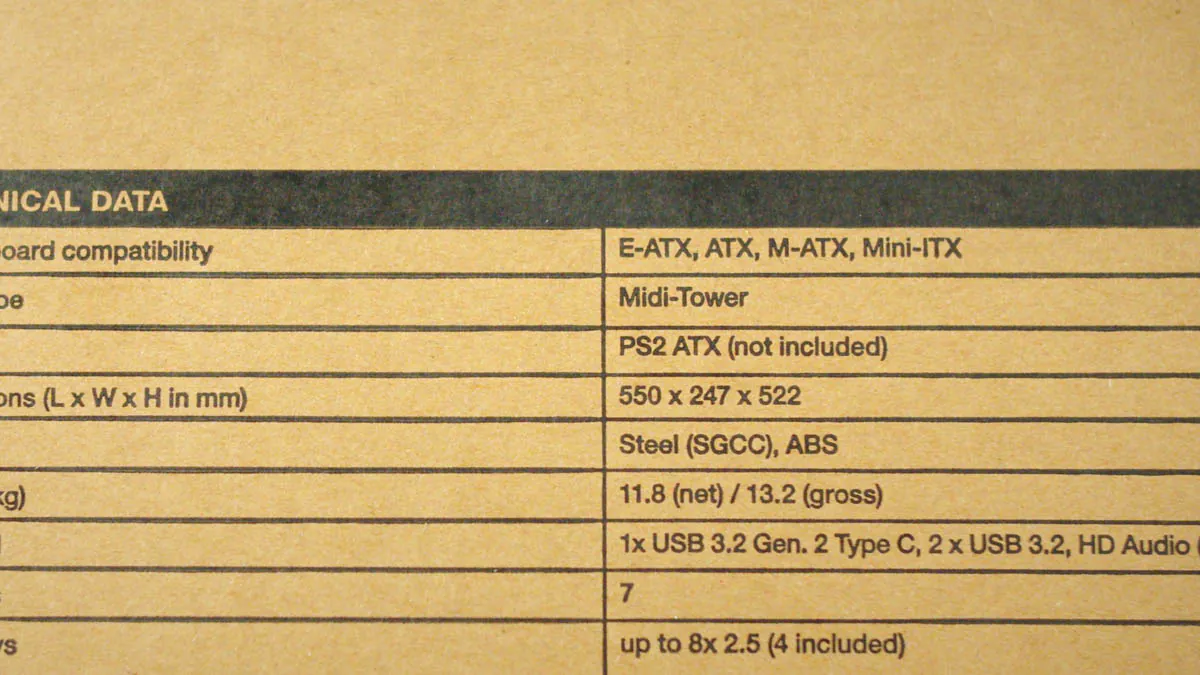
I’ll separately note the clever way of HDD and SSD compatibility. You can attach them either at the bottom or in the area behind the motherboard closer to the front panel, or under the motherboard from the opposite side. Somewhere in be quiet! I saw a phrase about tool-free mounts, and it’s a bit not quite that. Screws are needed, but they have a thread, so you can screw them in even by hand.
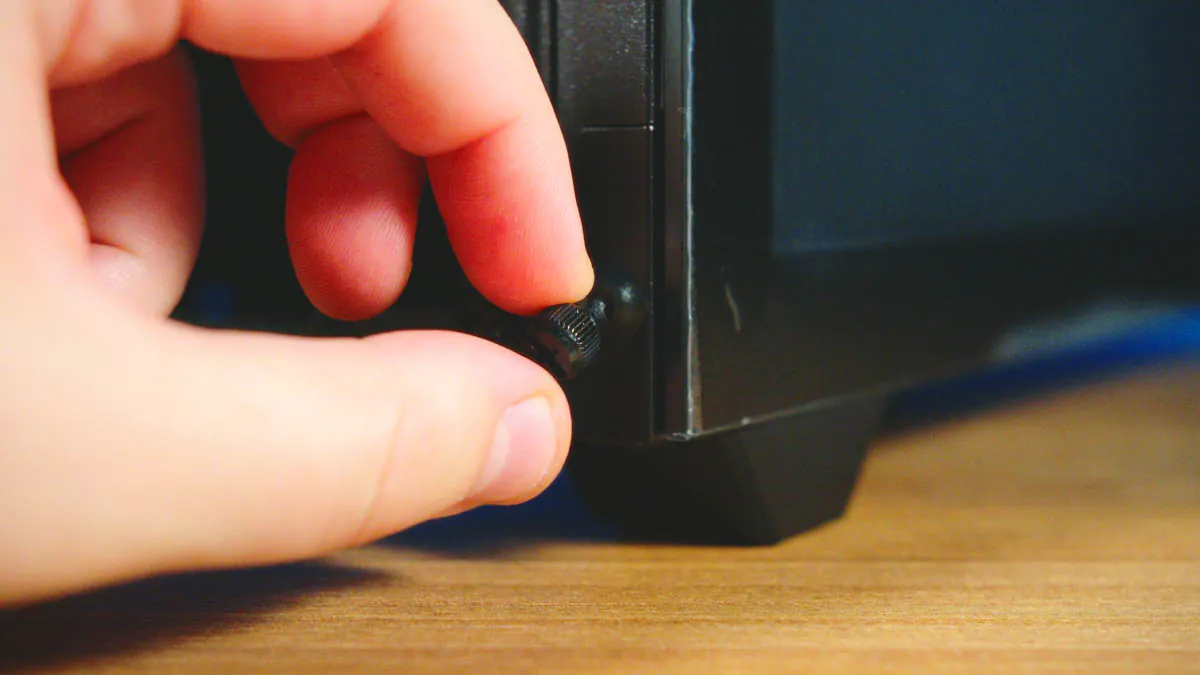
I’ll also point out that to install an HDD at the bottom, you need to have a special cage. It doesn’t come standard in the kit and has to be purchased separately, which is not very pleasant, agreeably.
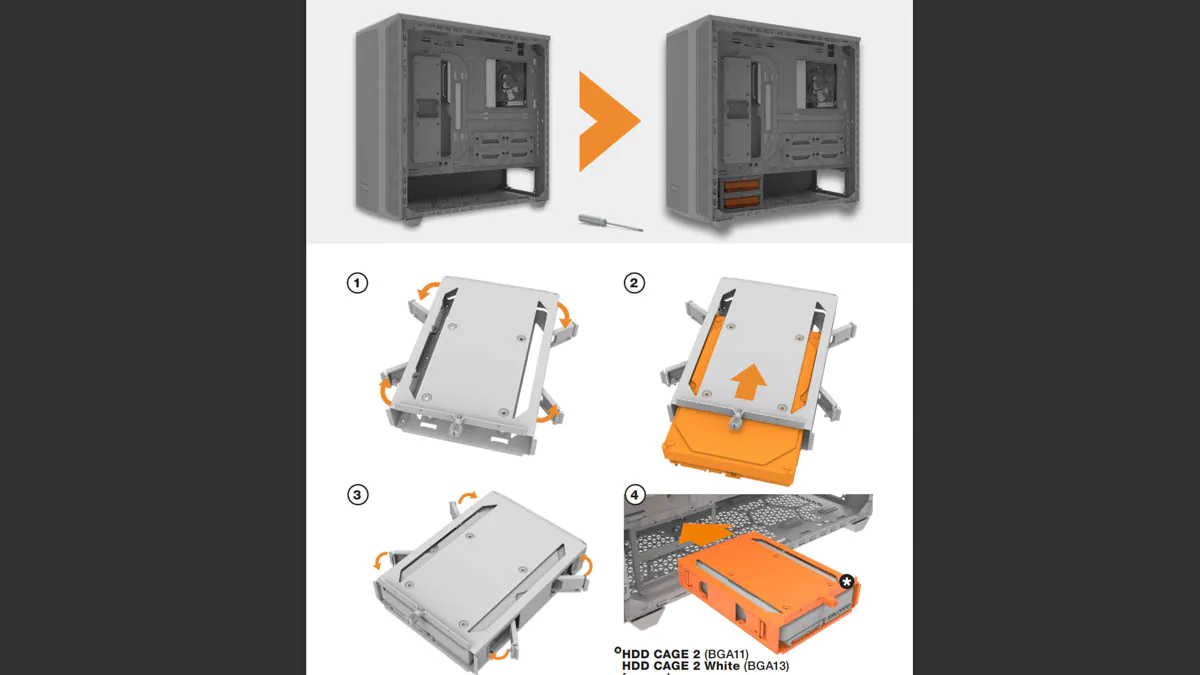
It’s nice that cable management can be easily concealed here using a plastic cover on the side, and there are enough openings for mounting in general. I don’t think you’ll have any problems with installing components here.
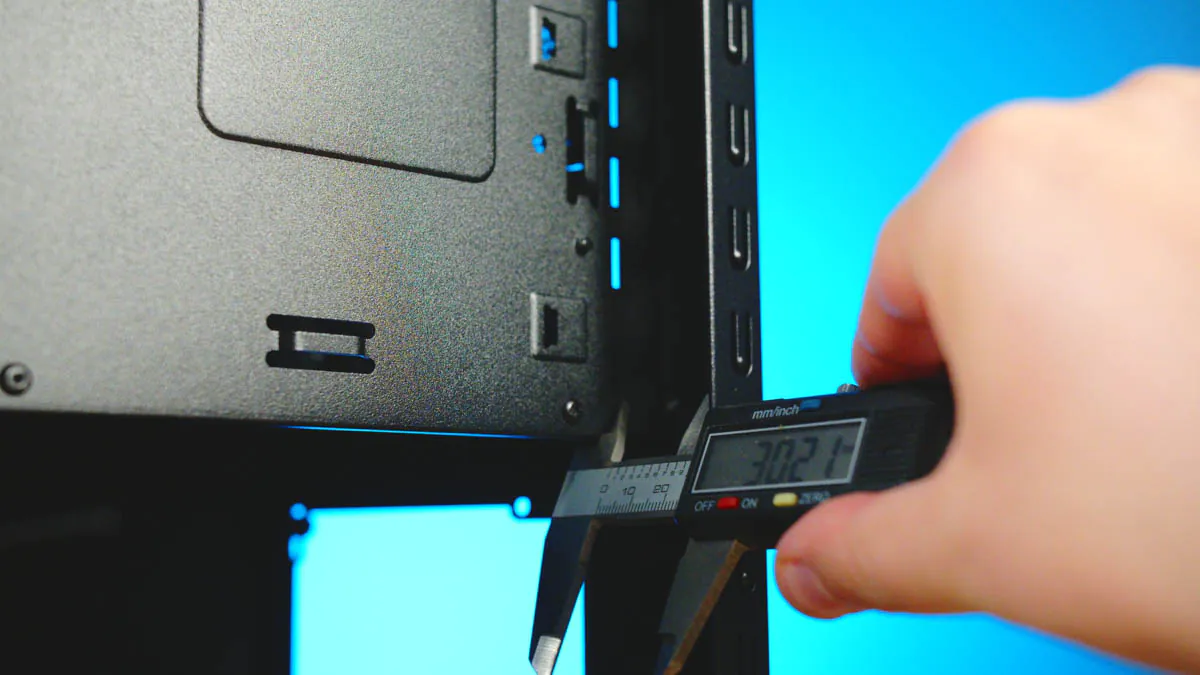
Drawbacks
Now. What’s missing here? Well, since this is a mid-budget option from be quiet!, don’t expect any flagship features. No Qi charging on the front panel, no fabric on the back wall for noise suppression.
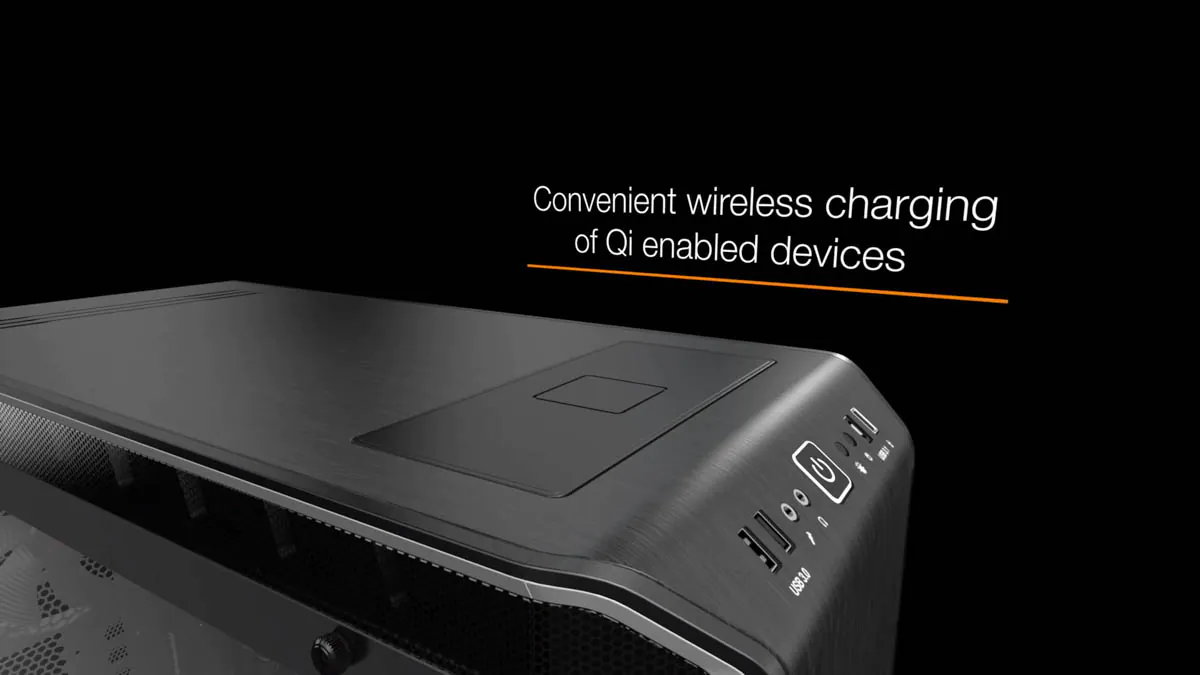
I was surprised by the lack of rubber protection around the cable management holes, but the openings here are designed cleverly, so overall, it’s forgivable.
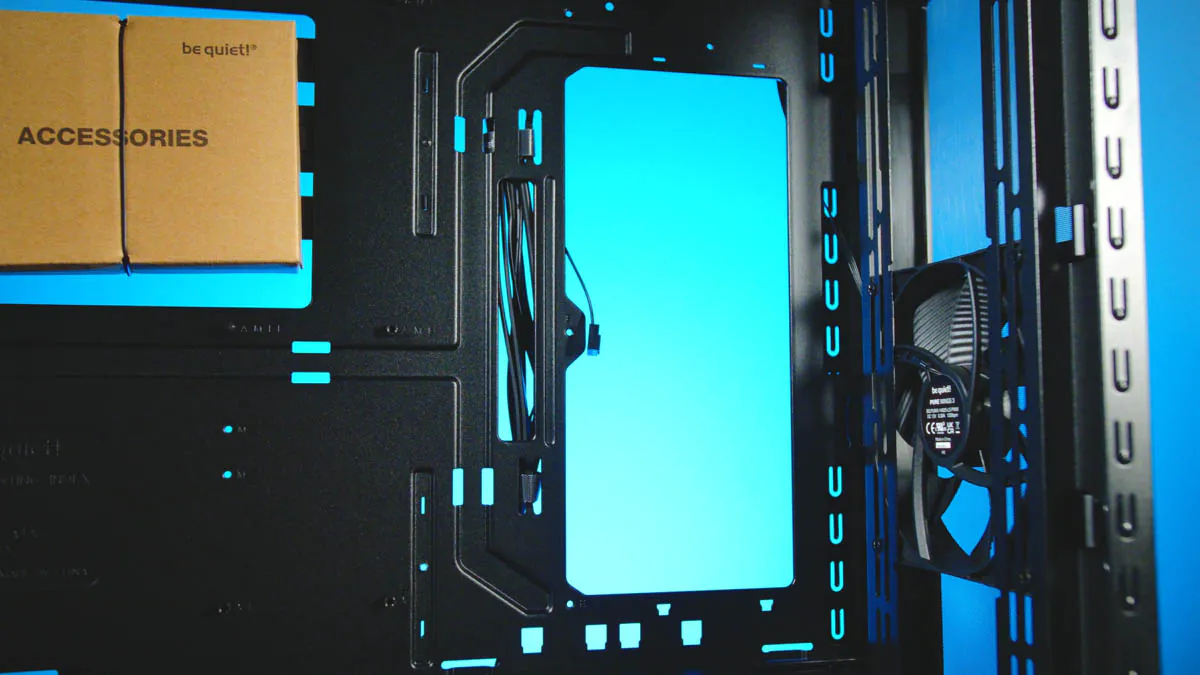
Summary
I’m very, very pleased that for $190, we can get a Full-Tower case with excellent RGB lighting, perfect compatibility with user components, even enthusiast-level, with modern peripherals, and three fans included. Moreover, the be quiet! Shadow Base 800 DX sits somewhere in the middle – the FX has better equipment, and the regular 800 is noticeably cheaper.
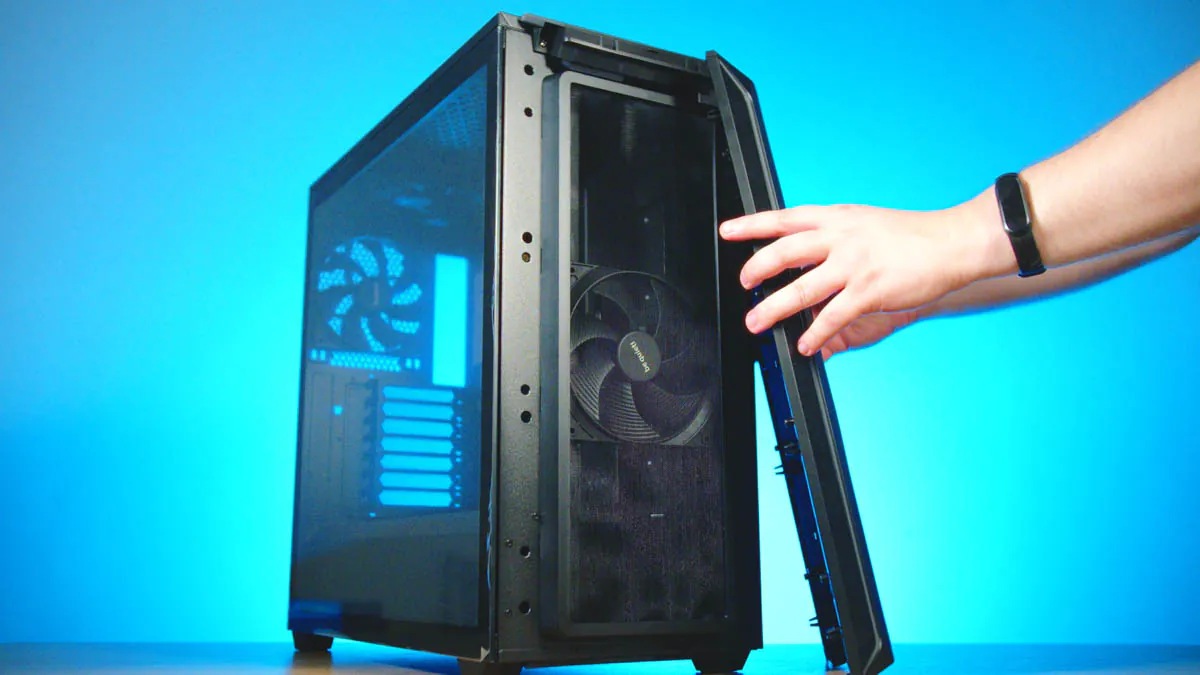
It ultimately depends on your preferences and priorities. If you’re not concerned about the absence of RGB fans or if you prefer models from another manufacturer, then the DX may suit you. Feel free to share your preferences or which one you find more appealing in the comments.
Read also:
- be quiet! Straight Power 12 1200W Review: Great PSU, unsettling trend
- What are sacrificial SSDs and why are they worth it? Using the Goodram PX600 1 TB as an example
- ASUS TUF GAMING LC II 360 ARGB Water Cooling Review

